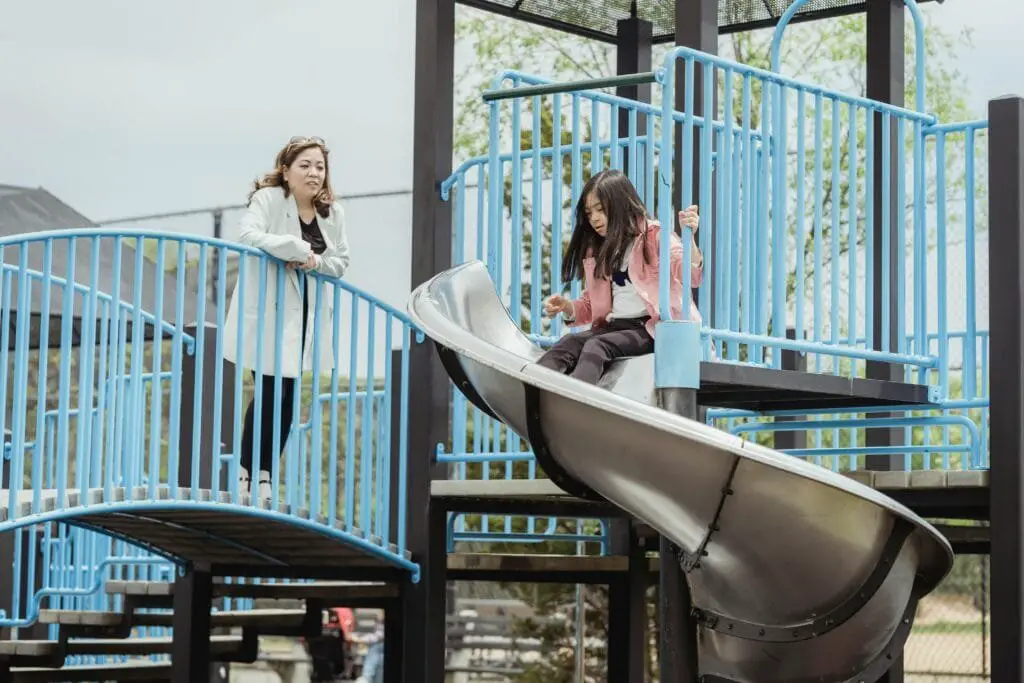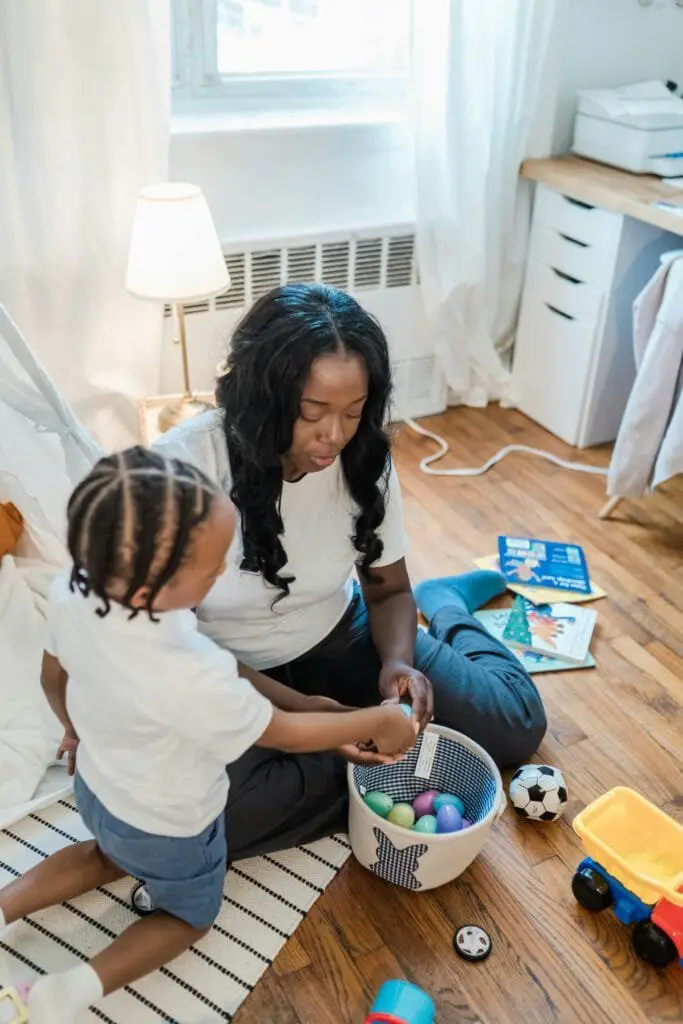1. Eat Dinner Together

Family dinners might seem old-fashioned, but they’re a great way to connect with your kids. Studies show that regular family meals lead to better communication, healthier eating habits, and even improved academic performance. Plus, it’s a chance to bond without screens.
2. Teach Manners Early

Saying “please” and “thank you” never goes out of style. Teaching manners at a young age helps children develop respect for others and understand social boundaries. It’s a simple way to instill kindness and consideration from the start.
3. Encourage Outdoor Play

Remember when kids used to spend hours outside, climbing trees and riding bikes? Experts still recommend it! Outdoor play helps with physical development, encourages creativity, and lets kids burn off all that energy. Plus, it gives them a much-needed break from screens.
4. Give Them Chores

Yes, chores! They teach responsibility, accountability, and life skills. Assigning age-appropriate tasks helps children understand teamwork and contributes to their self-confidence as they grow older. Plus, it’s less housework for you—win-win!
5. Be Consistent with Discipline

Consistency is key. While it may not always be easy, sticking to clear and consistent rules helps kids understand boundaries and consequences. It creates a sense of security, which allows them to thrive within the structure.
6. Limit Screen Time

Long before iPads and smartphones, parents had to set limits on TV time. That old-school thinking is more relevant than ever. Experts agree that too much screen time can interfere with sleep, social development, and attention spans. Setting boundaries early helps kids develop healthier habits.
7. Read Together Every Night

Reading to your kids before bed isn’t just a sweet bonding moment—it’s also crucial for language development and imagination. Even in today’s digital age, this old-school habit remains one of the best ways to foster a love of learning and storytelling.
8. Let Kids Experience Failure

We all want to protect our kids, but experts recommend letting them face small failures to build resilience. When children experience setbacks, they learn how to handle challenges, solve problems, and develop perseverance—skills they’ll need for the rest of their lives.
9. Spend One-on-One Time

Life gets busy, but carving out time for each child individually is still one of the best ways to strengthen your relationship. Whether it’s a walk around the block or a quick ice cream run, that one-on-one attention helps your child feel seen, valued, and understood.
10. Teach the Value of Hard Work

Parents used to emphasize the importance of earning rewards through hard work, and experts say this approach still holds up. Encouraging children to work towards their goals—whether it’s saving for a toy or studying for a test—teaches them the value of effort and persistence.
11. Lead by Example

Kids are like little sponges—they watch everything you do. Being a good role model is a tried-and-true parenting method. Whether it’s how you treat others, manage stress, or take care of yourself, leading by example helps your kids understand what good behavior looks like.
12. Encourage Gratitude

The simple act of teaching kids to be grateful has long-lasting benefits. Whether it’s writing thank-you notes or just talking about what they’re thankful for, practicing gratitude helps kids develop empathy and a positive outlook on life. It’s a timeless lesson that never goes out of style.
13. Set Bedtime Routines

A consistent bedtime routine helps children wind down and signals that it’s time to sleep. Whether it’s a warm bath, a story, or a lullaby, routines create a sense of security and help children develop healthy sleep habits, which are essential for their growth and well-being.
14. Limit Over-Scheduling

In the past, kids had plenty of unstructured time to just be kids. Today, it’s easy to get caught up in endless activities, but experts recommend keeping a balance. Allowing kids time to relax, play, and use their imaginations helps them develop creativity and reduces stress.
15. Teach Empathy

Encouraging kids to consider how others feel is a key component of emotional intelligence. Teaching empathy, whether through discussions about feelings or modeling caring behavior, helps children learn to be kind, understand others, and build positive relationships.
16. Practice Active Listening

When kids feel heard, they feel valued. Practicing active listening—putting down distractions, making eye contact, and truly hearing what your child has to say—strengthens your relationship and shows them that their thoughts and feelings matter.
These old-school parenting methods may have been around for decades, but they’re as effective as ever. Which ones will you be using with your little ones?


